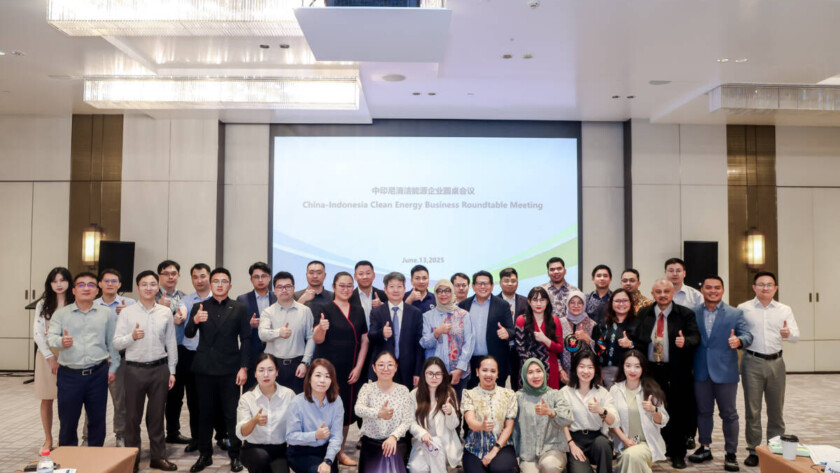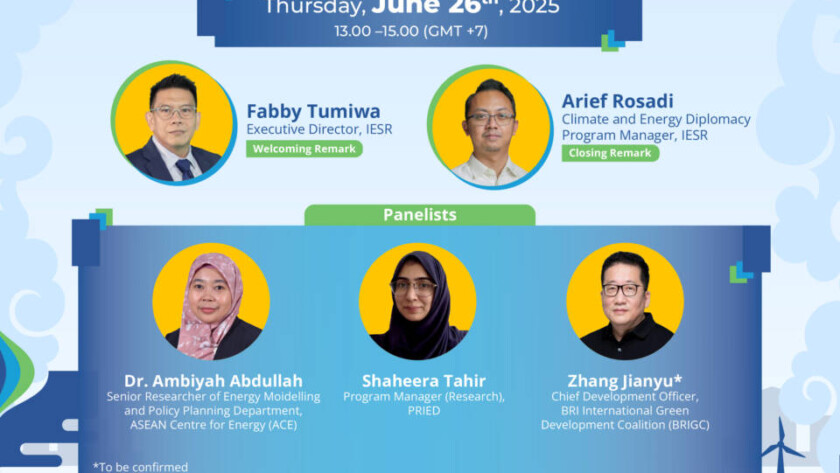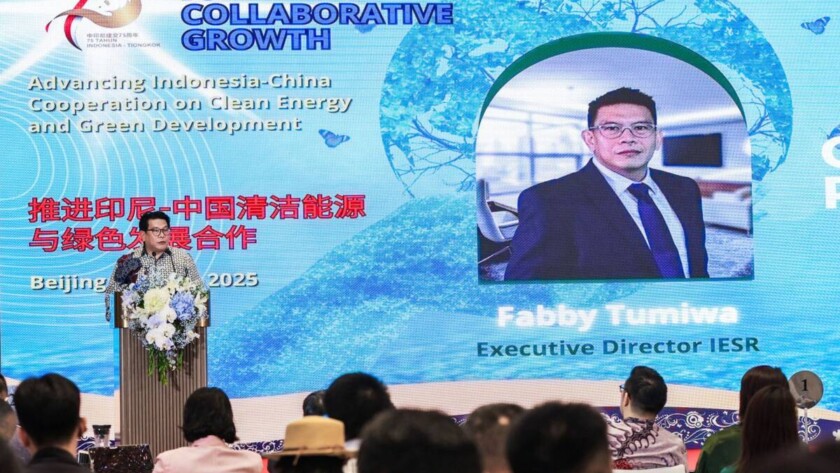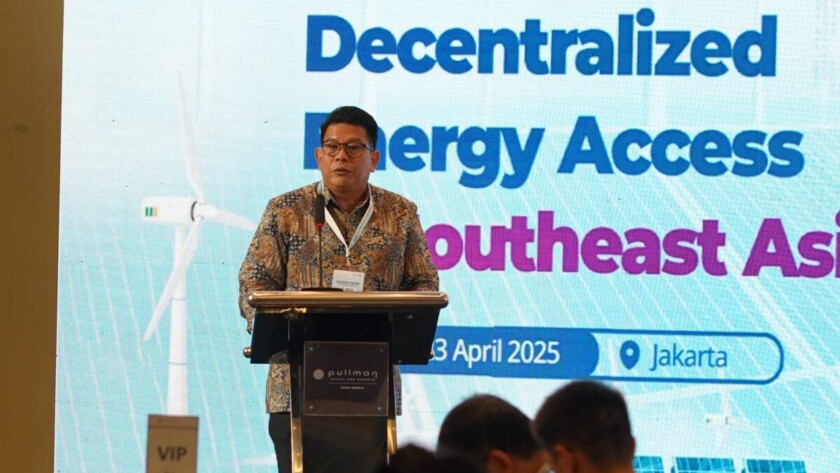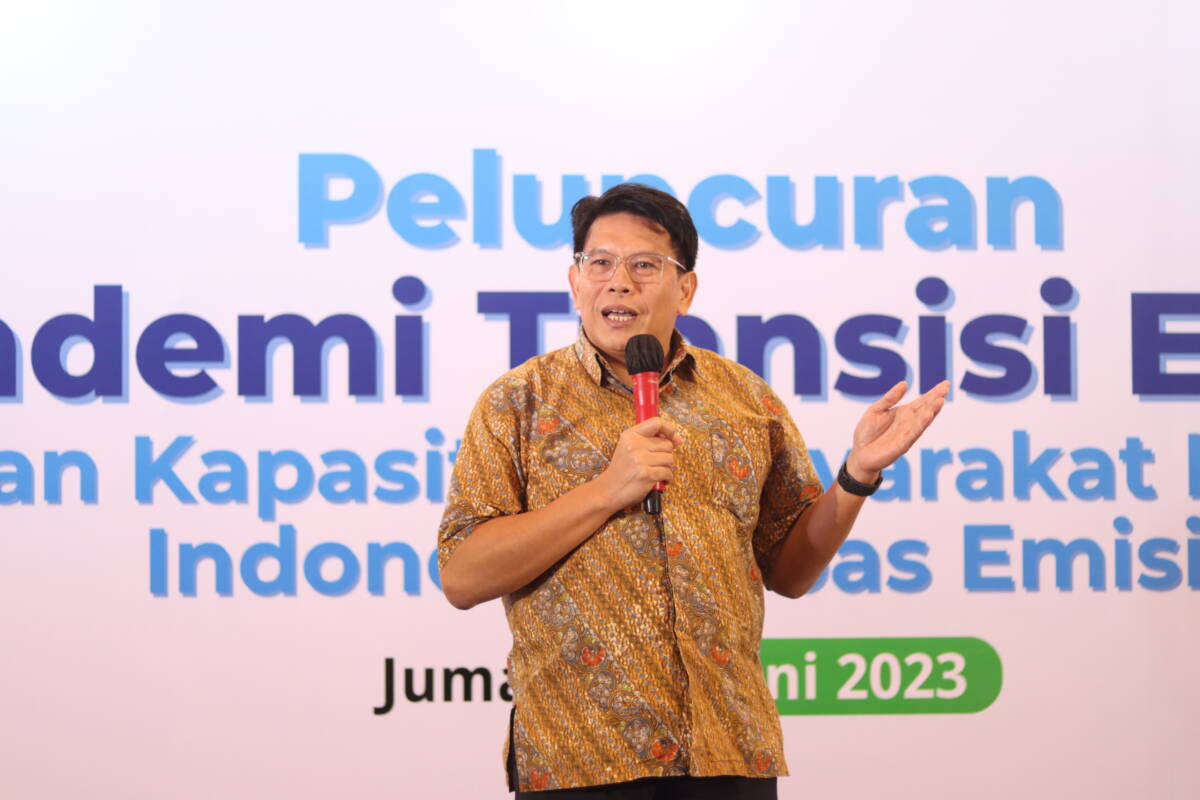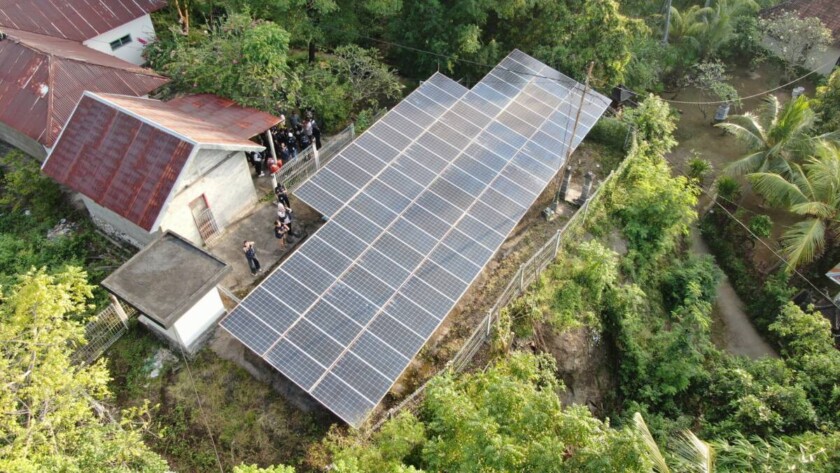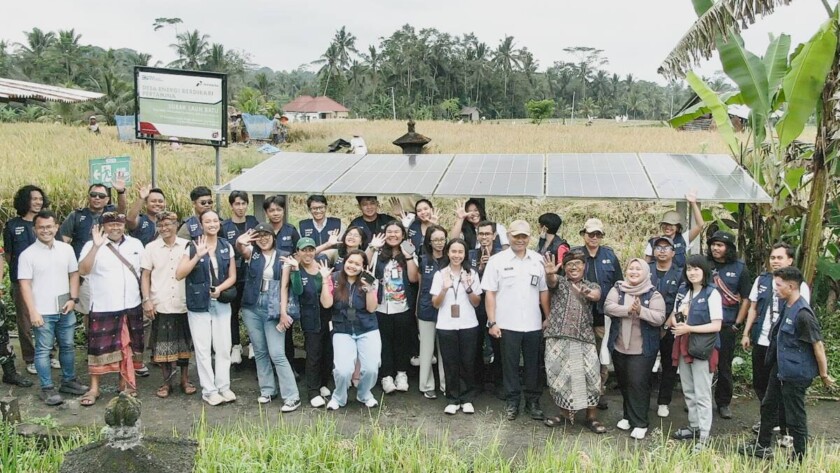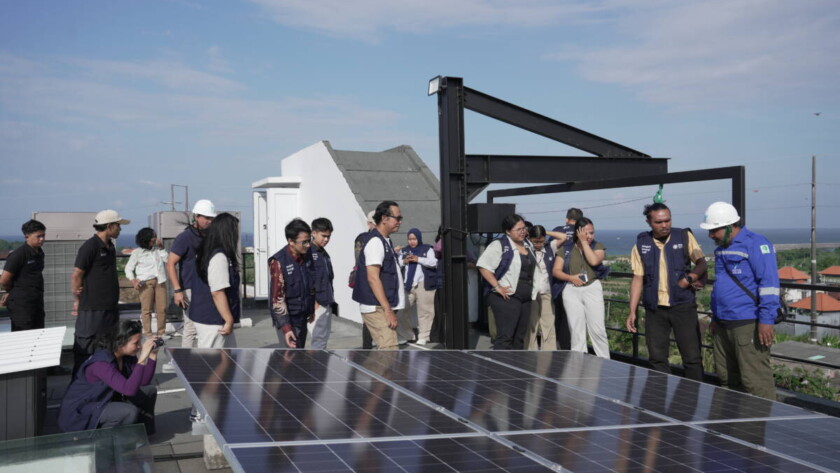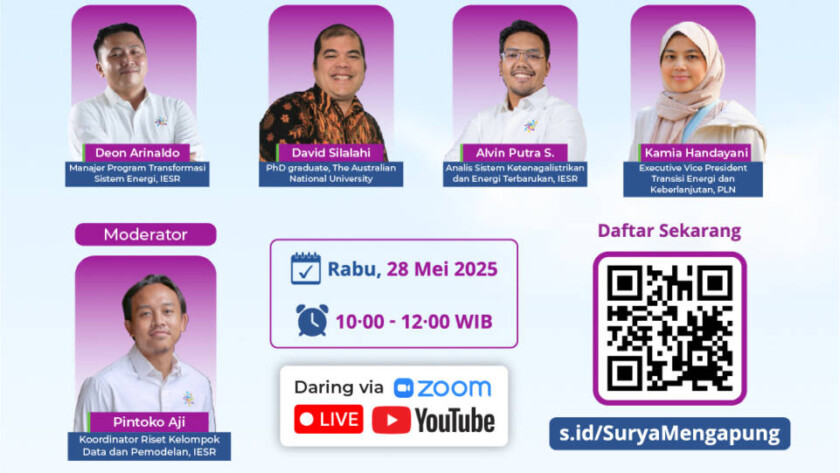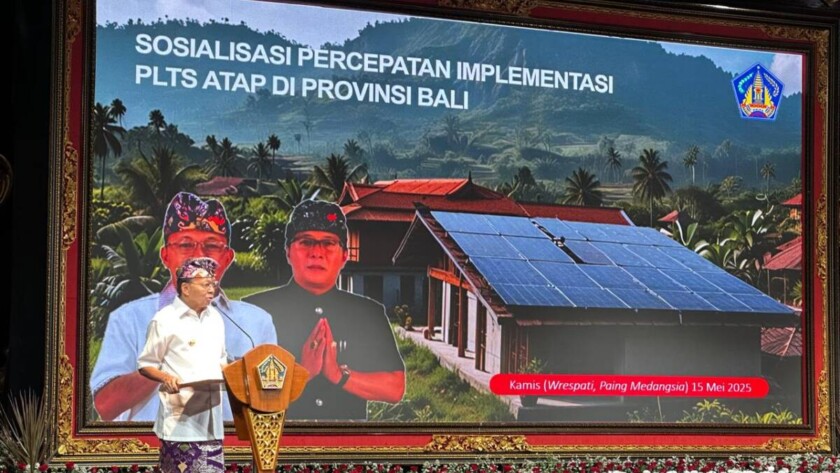Shanghai, June 13, 2025 - The Institute for Essential Services Reform (IESR) views that as a leader in renewable energy technology, China has invaluable experience for Indonesia in its efforts to achieve its energy transition targets. IESR Executive Director, Fabby Tumiwa, stated that Indonesia can utilize China's expertise, especially in terms of investment, infrastructure capacity…
